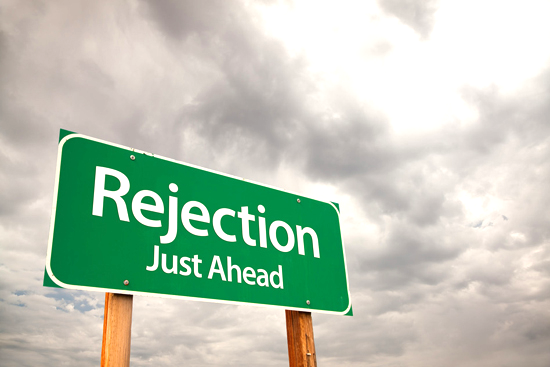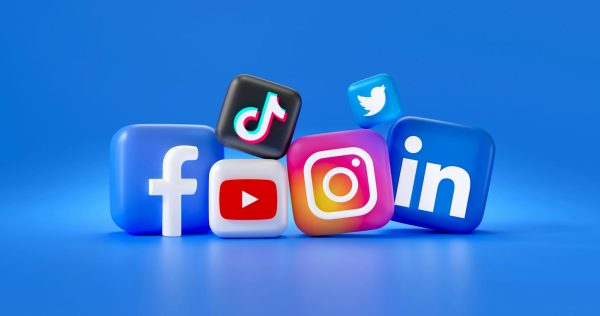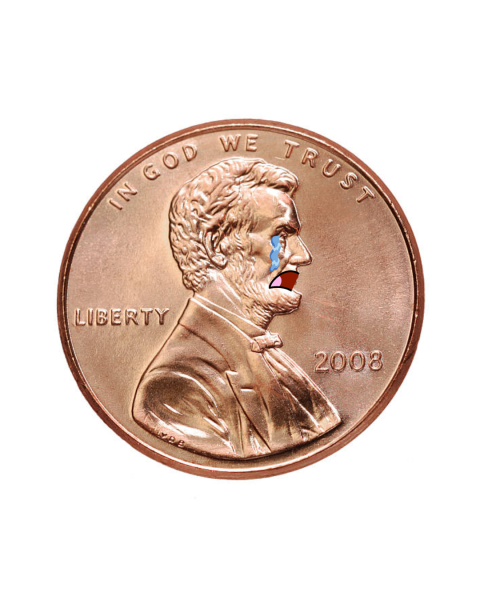Albinism
“Are you albino?” they ask, as they stare at my face and hair.
I have been asked this question many times, and it is always met with a simple “yes.” This yes is sometimes followed with a look of astonishment as if they are truly amazed.
Albinism affects roughly 1 in 20,000 individuals in the United States, so it’s not as if people encounter many individuals like me everyday. However, I never understood why people reacted the way they did.
Oculocutaneous albinism type 2 (CA2) is a genetic condition that impedes the production of melanin (pigment) throughout the hair, skin, and eyes. This explains why I have pale, white skin, and blond hair. OCA2 is the most prominent among African Americans.
As I continue to encounter questions about my condition, I find myself growing tiresome of having to answer some of these questions as they do not always offer a simple explanation.
While some questions hold simple answers, other questions like “Are you blind without your glasses?” require more complexity.
No. Basically, the lack of pigment in my eyes delayed the development of my retinas. This part of the eye is separate from the lens, so even though glasses enhance the quality of vision, they don’t completely fix all of my visual problems. Even though it would not be wise for me to go without my glasses, I am not completely in the dark without them.
I’ve faced some personal and academic challenges over the years trying to understand the full impact of albinism in my daily life. It has only been recently that I have fully grasped how my vision affects my everyday life. As much as I have come to accept my albinism, I still face obstacles-one of the biggest being ignorance.
I understand that albinism is not something that the average person sees everyday, and quite naturally, people are going to have questions. I’m more than happy to answer questions. I’ve always been asked about my race or nystagmus or albinism in general. However, when a question is posed to me that is approaching the line of ignorance, I am not so eager to answer it.
In most cases, I do not think people are being offensive when asking me questions, but sometimes the phrasing of the question can have a negative impact. For example, “Are you an albino?” This question may not read offensive, but it does it holds a negative connotation that having albinism is almost like a separate group. It puts the condition before the person. As much as I embrace my albinism, it is not my defining trait. Moreover, I have not been particularly fond of the word “albino” because of the underlying meaning that comes with it. Even if you don’t encounter someone with albinism everyday, it’s important to know how to address anyone who is different from what you consider “normal”.



